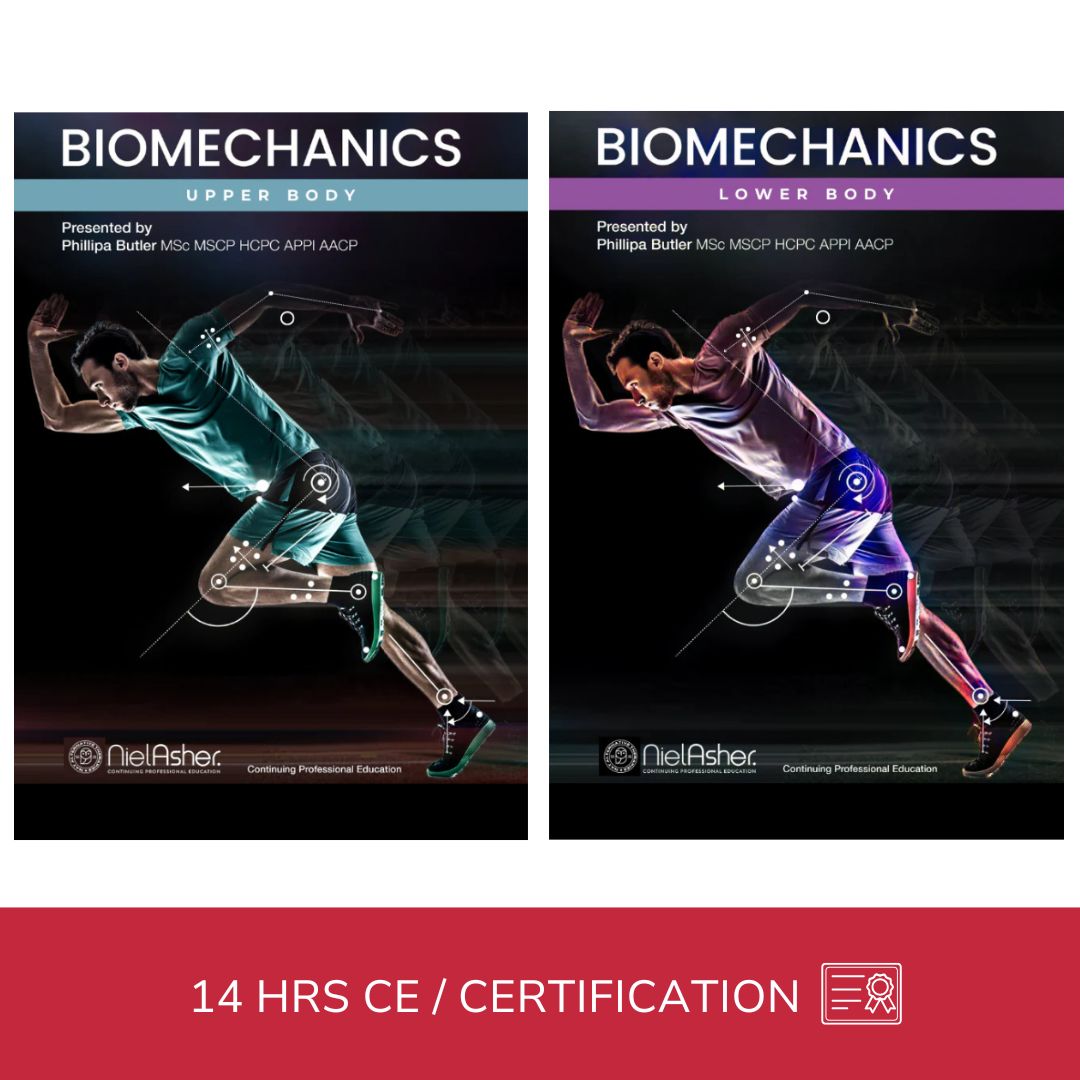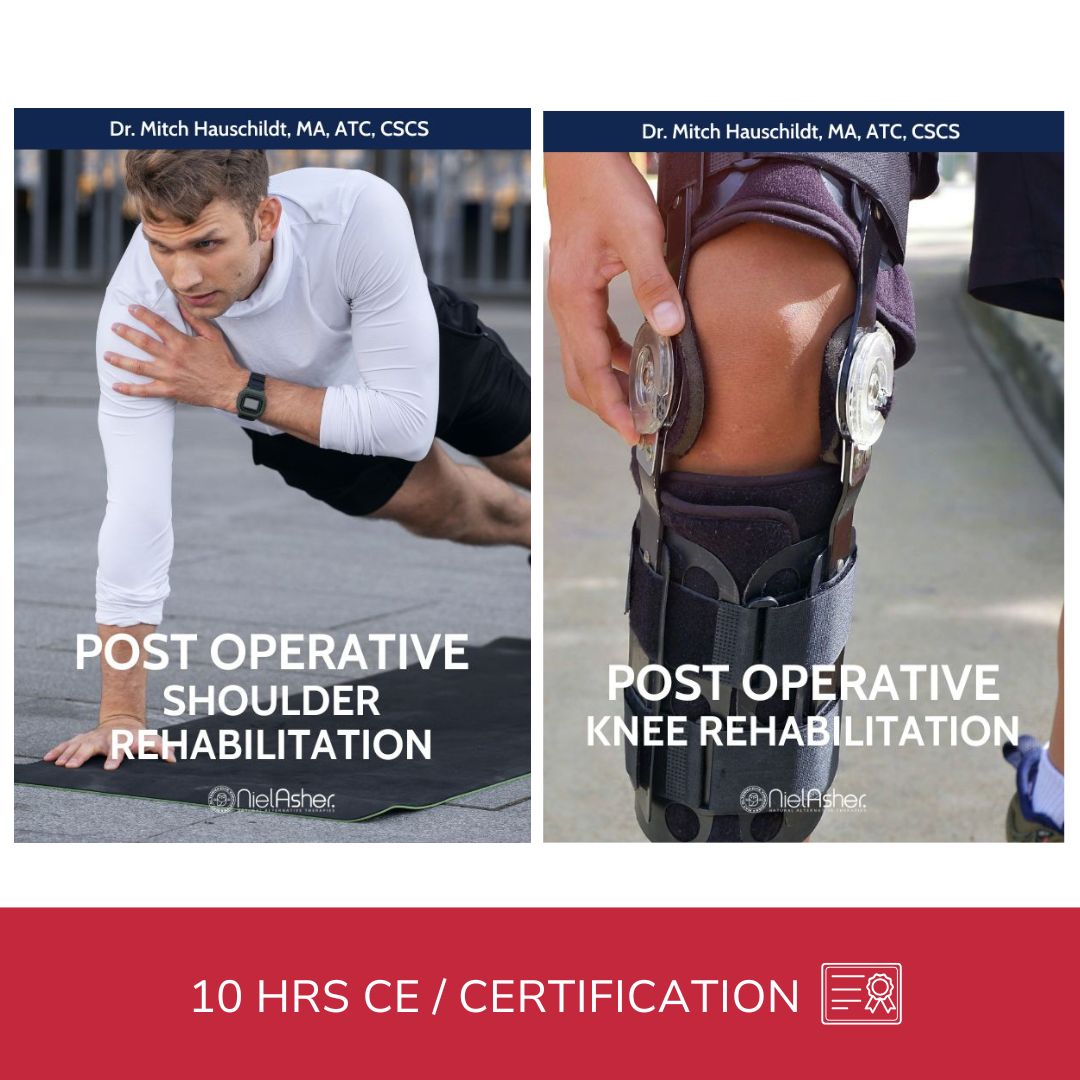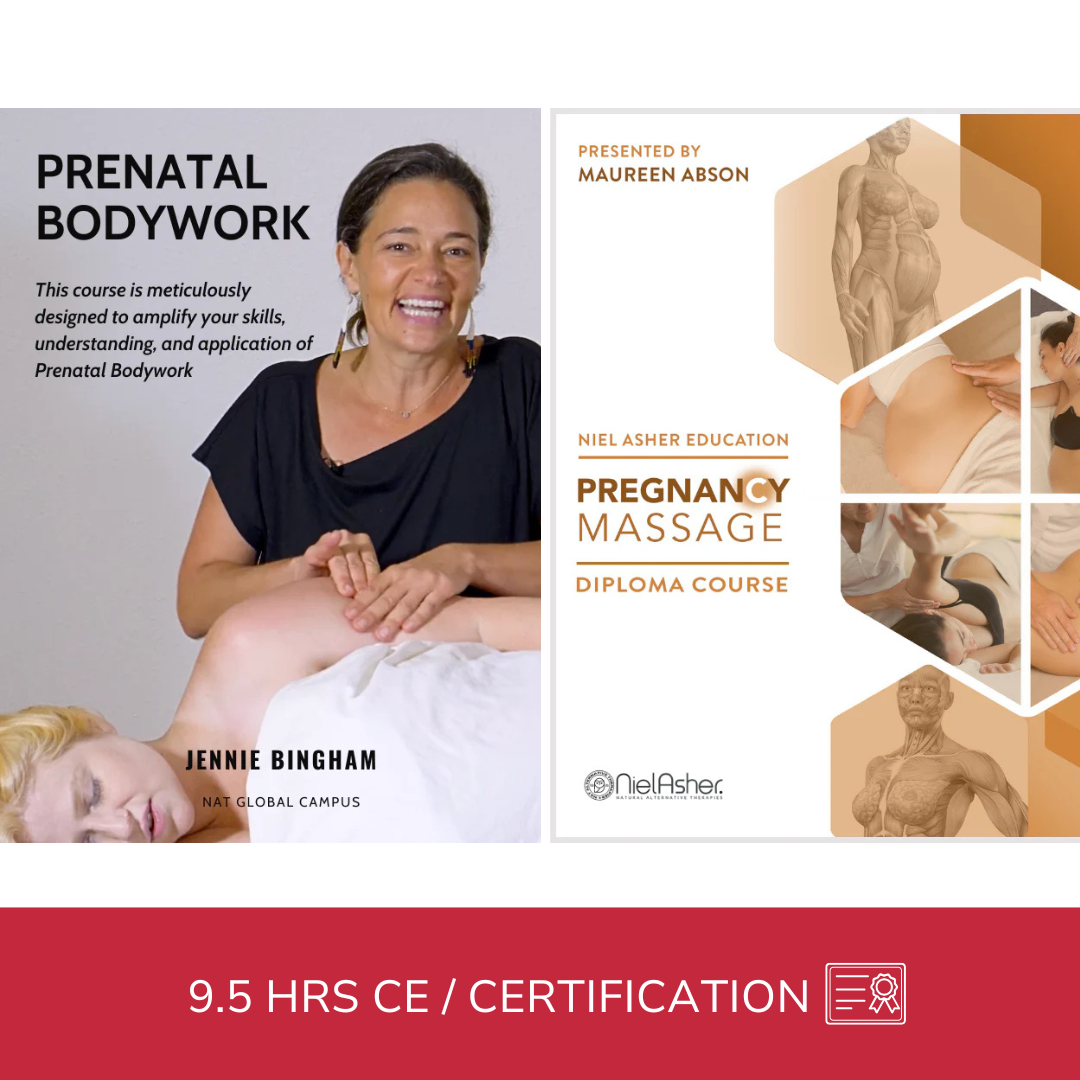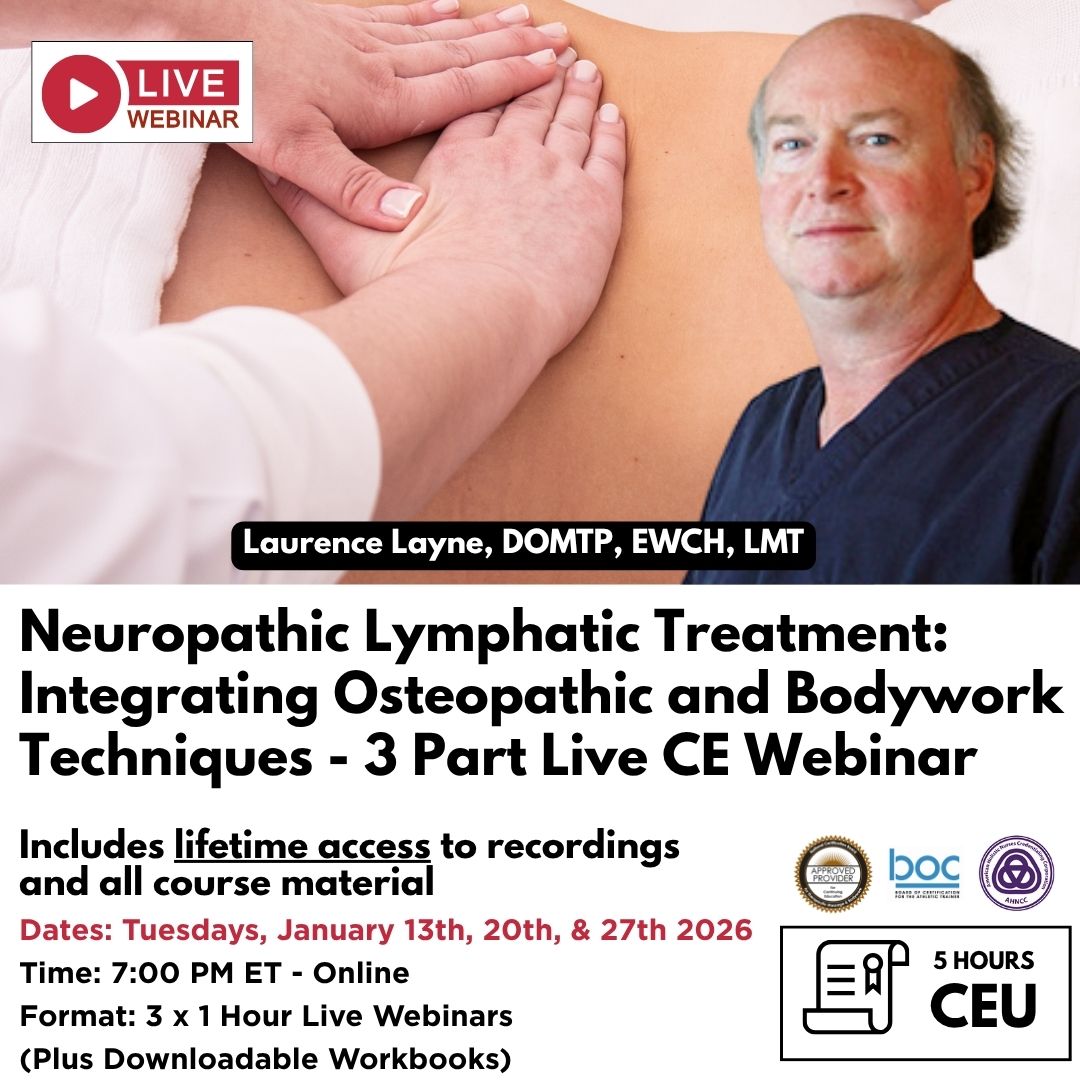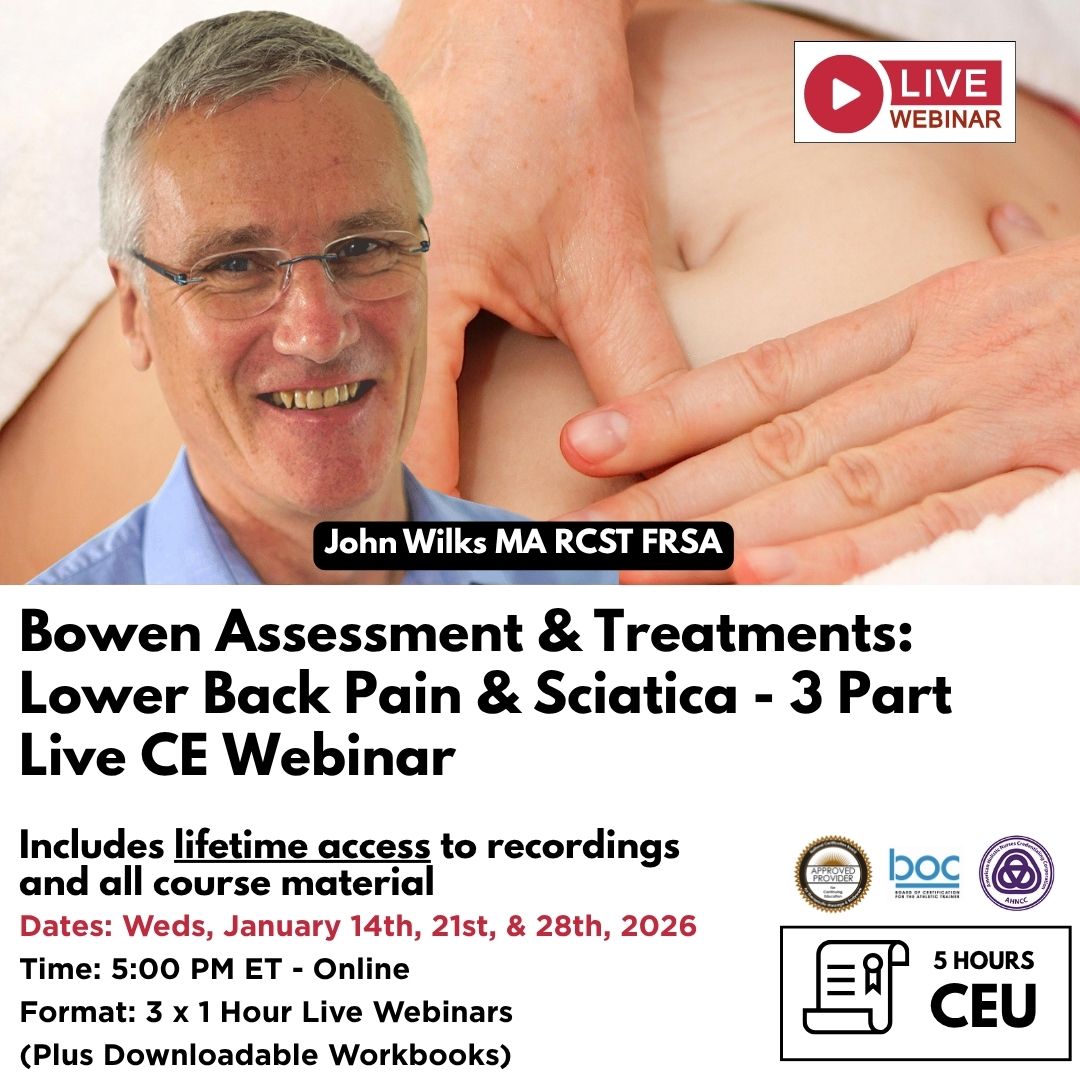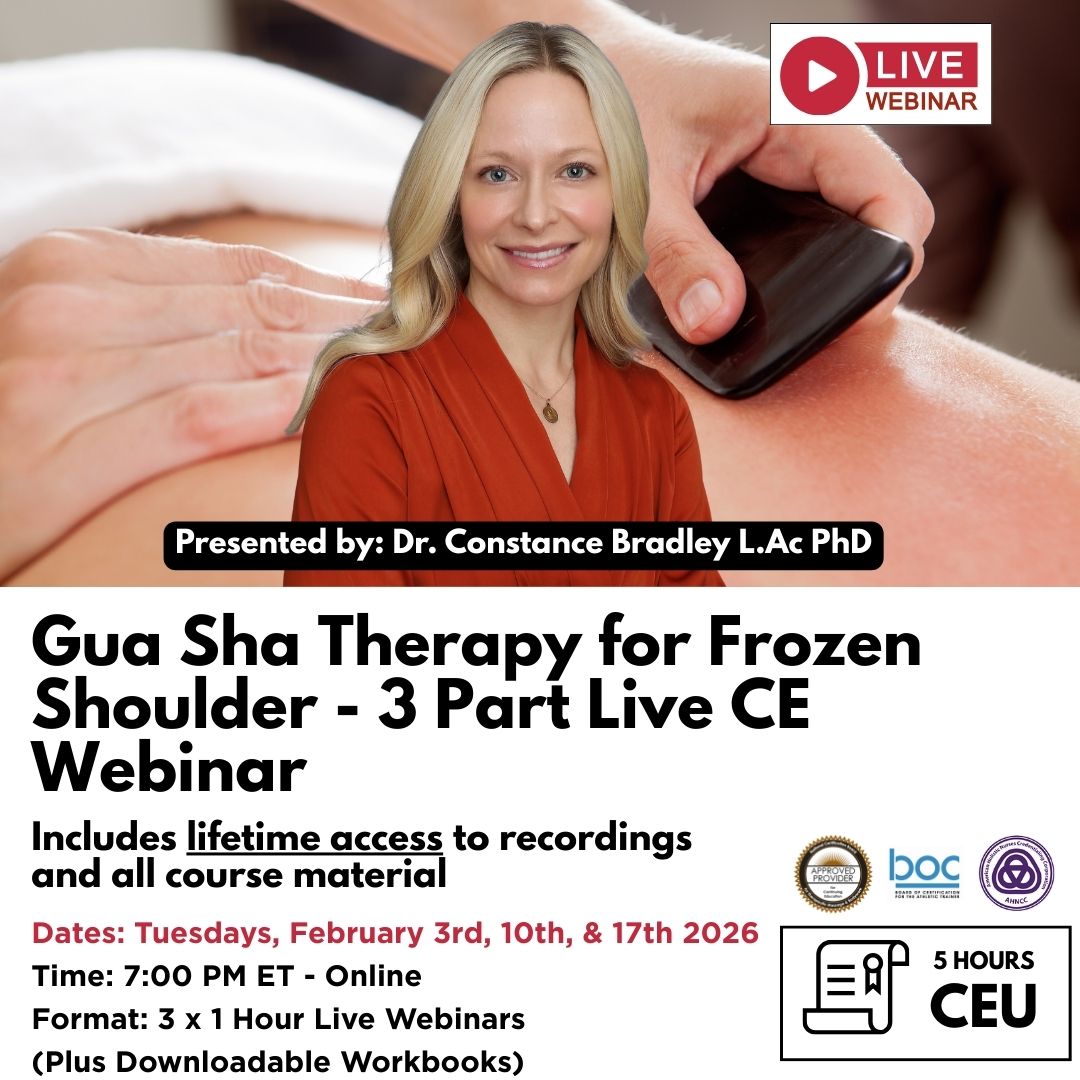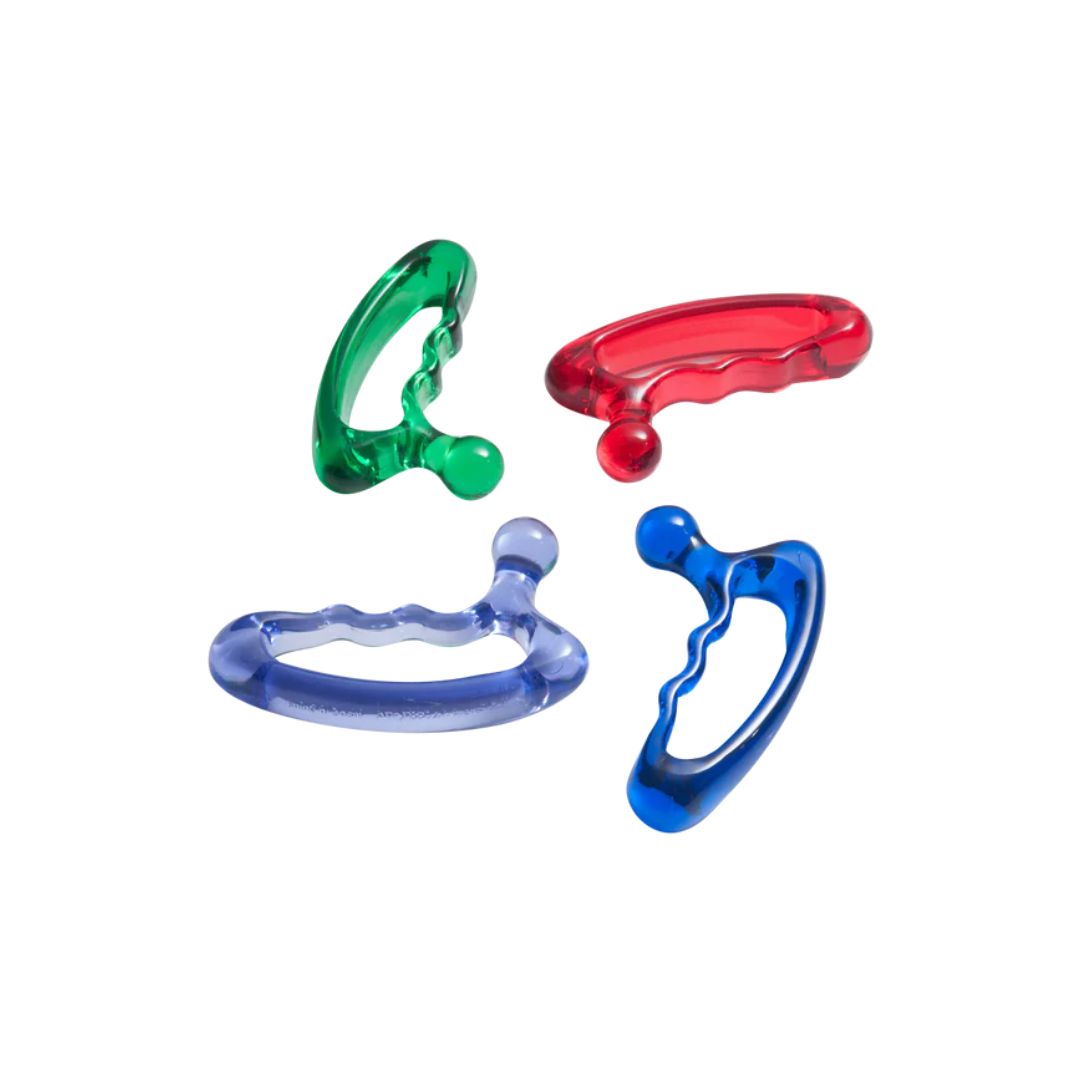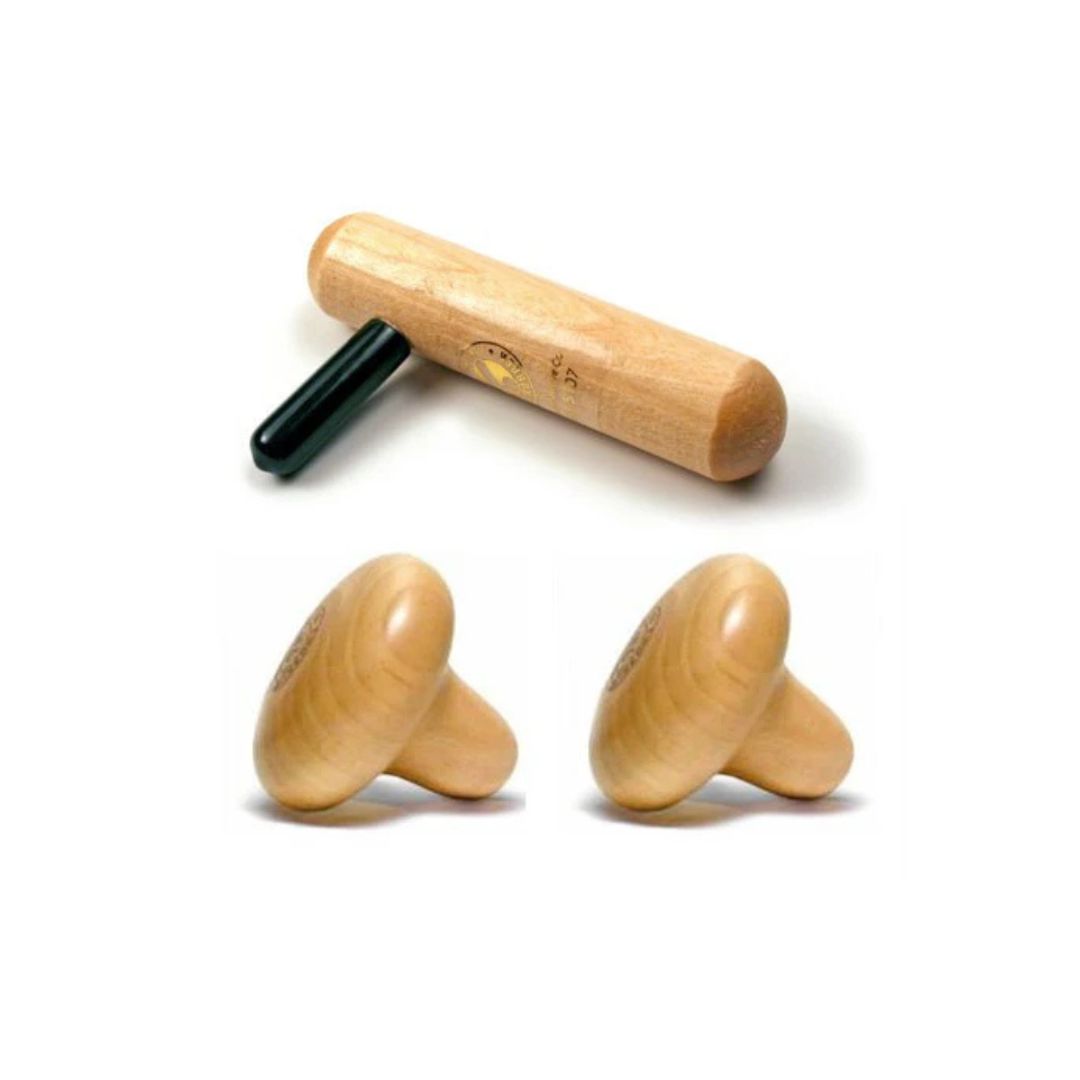Trigger Point Therapy - Temporomandibular Joint (TMJ) Syndrome

Temporomandibular Joints and Muscles
Trigger point therapy can often help reduce the severity and chronicity of the pain associated with TMJ syndrome
Treating TMJD
This debilitating condition is characterised by pain, stiffness, and aching in the jaw muscles, especially in the region of the ear.
It may be primary, as the result of anomalous jaw or bite formation, such as malocclusion or a variation in jaw joint anatomy.
It can also be secondary to a variety of conditions, such as tooth clenching or grinding.
It is always worth getting a proper opinion and diagnosis from a qualified dental practitioner.
However, if you are suffering from TMJ syndrome, take comfort in knowing that trigger point therapy treatments can often help reduce the severity and chronicity of the pain.
Massage Tutorial - Treating TMJ and Bruxism
TMJ - Common Symptoms and Diagnosis
Trigger points are commonly found in the muscles that move and stabilise the TMJ. People often clench the jaw muscles in response to stress, anxiety, and/ or tension.
TMJ syndrome can be defined as “chronic pain and/or dysfunction of the TMJ and its muscles.”
The most commonly accepted theory is that there is a “temporary anterior displacement (of the joint) with or without reduction”.
This leads to repetitive micro- and macrotrauma of muscles, and chronic inflammation of the joint membranes.
Trigger points often develop in the muscles which support and operate the joint. The main symptoms are facial pain, especially around the ear, popping sounds, and headaches, but may include nausea and tinnitus.
Patients are often driven to distraction by the pain, and have been known to seek exotic and expensive remedies.
In our experience, trigger point release can be a very useful therapeutic intervention along with identifying and addressing any underlying causes.
TMJ syndrome is multifactorial, and the following list covers some of the common differential diagnostic criteria:
- “Under,” “over,” lateral bite, or malocclusion
- Dislocation on yawning, popping, and/or crepitus
- Ear pain
- Cervical spine disorders
- Type/shape of synovial joint; several anatomical variations occur
- Gum chewing
- Masticating food unilaterally
- Chronic dental problems
- Problems with wisdom teeth
- Tooth grinding; bruxism
- Clenching in response to stress/anxiety • Depression and bipolar disorder
- Arthritis (osteo- and rheumatoid)
- Dentures
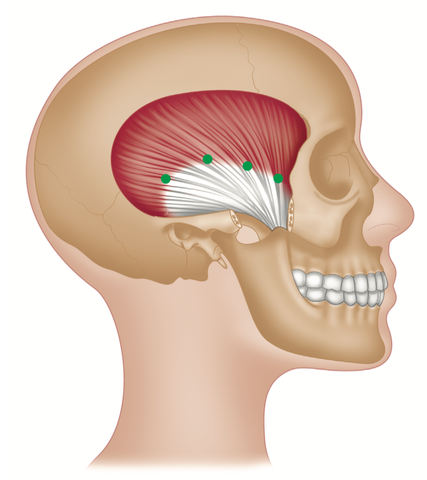
Temporalis - Common Trigger Point Sites
TMJ - Trigger Point Therapy
The primary muscles directly associated with the TMJ are the temporalis, masseter, and pterygoideus lateralis and medialis. The secondary muscles are the mylohyoid and the anterior digastricus.
Chronic trigger points in any of these muscles may lead to an increase in muscular stiffness, fatigue, and dysfunction.
Symptoms may be unilateral and/or bilateral, and are rarely seen in the under-20 age group.
Further, satellite trigger points may often be located in the upper trapezius, upper semispinalis capitis, suboccipitalis, and SCM.
Remember, not all therapists practice trigger point therapy, and not all will be familiar with the treatment of TMJ.
The good news is that many are, and many do .... so have a chat with your therapist about trigger points, and they should be able to tell you exactly what it is that they can do for you!
About Niel Asher Education
Niel Asher Education (NAT Global Campus) is a globally recognised provider of high-quality professional learning for hands-on health and movement practitioners. Through an extensive catalogue of expert-led online courses, NAT delivers continuing education for massage therapists, supporting both newly qualified and highly experienced professionals with practical, clinically relevant training designed for real-world practice.
Beyond massage therapy, Niel Asher Education offers comprehensive continuing education for physical therapists, continuing education for athletic trainers, continuing education for chiropractors, and continuing education for rehabilitation professionals working across a wide range of clinical, sports, and wellness environments. Courses span manual therapy, movement, rehabilitation, pain management, integrative therapies, and practitioner self-care, with content presented by respected educators and clinicians from around the world.
Known for its high production values and practitioner-focused approach, Niel Asher Education emphasises clarity, practical application, and professional integrity. Its online learning model allows practitioners to study at their own pace while earning recognised certificates and maintaining ongoing professional development requirements, making continuing education accessible regardless of location or schedule.
Through partnerships with leading educational platforms and organisations worldwide, Niel Asher Education continues to expand access to trusted, high-quality continuing education for massage therapists, continuing education for physical therapists, continuing education for athletic trainers, continuing education for chiropractors, and continuing education for rehabilitation professionals, supporting lifelong learning and professional excellence across the global therapy community.
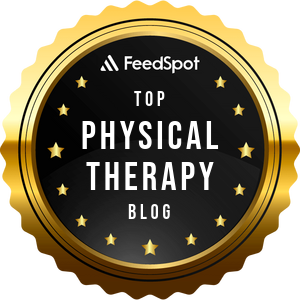
Continuing Professional Education
Looking for Massage Therapy CEUs, PT and ATC continuing education, chiropractic CE, or advanced manual therapy training? Explore our evidence-based online courses designed for hands-on professionals.

